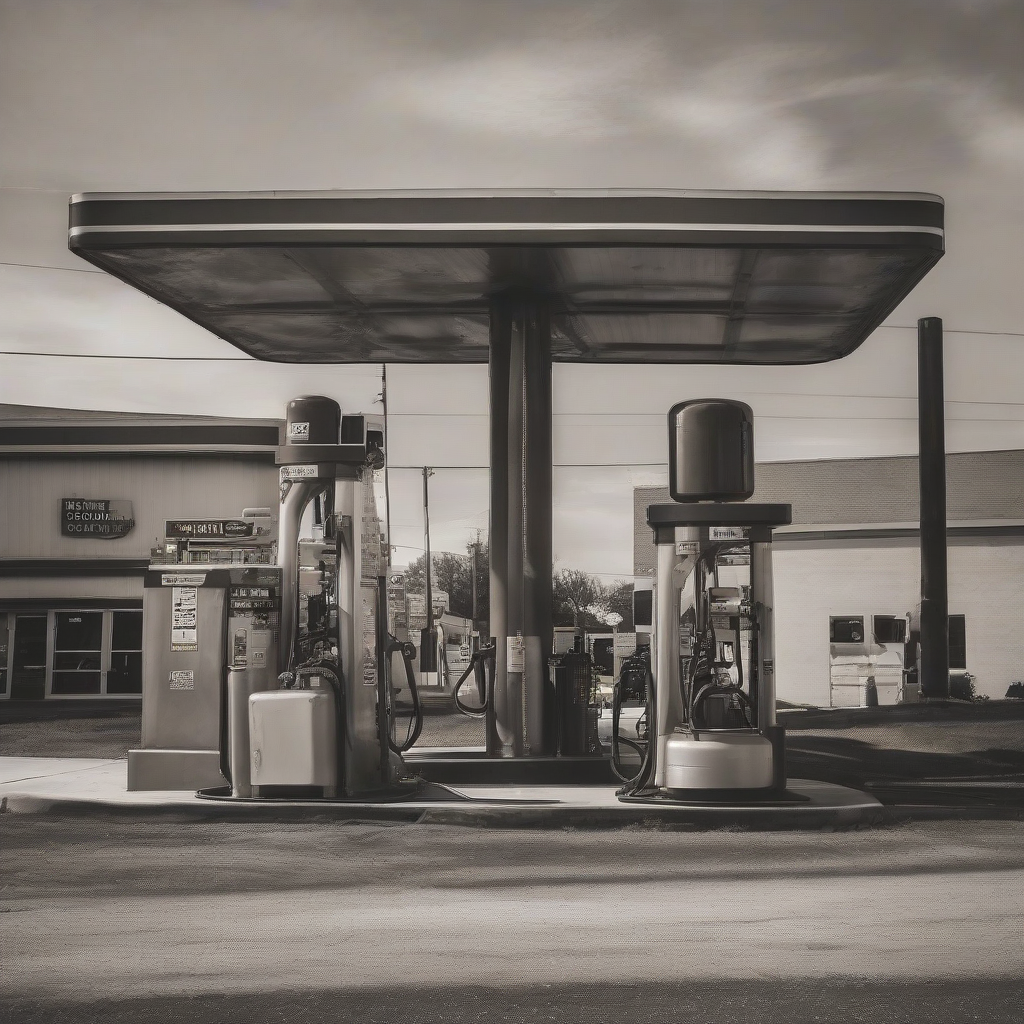Gas and Water Services in Clarksville, Tennessee: A Comprehensive Guide
Clarksville, Tennessee, a rapidly growing city, relies heavily on efficient and reliable gas and water services. This guide delves into the intricacies of these essential utilities, providing crucial information for residents, businesses, and newcomers alike. We’ll cover providers, billing, emergency services, conservation tips, and more.
Gas Service Providers in Clarksville, TN
Clarksville’s natural gas supply is primarily managed by a single major provider. Understanding their services is crucial for residents and businesses.
- [Provider Name]: This is typically the primary natural gas provider for the Clarksville area. Information regarding their service territory, contact details, billing procedures, and online account management will be crucial here. Include links to their website and contact information. Mention any specific programs they offer, such as energy efficiency rebates or assistance programs for low-income customers.
- Alternative Suppliers (if applicable): If there are any alternative gas suppliers operating in Clarksville, mention them here. This information is particularly relevant for commercial customers who might have more options for negotiating rates.
Water Service Providers in Clarksville, TN
Clarksville’s water service is likely provided by a municipal utility or a regional water authority. Knowing the specifics of this provider is essential for understanding billing, service requests, and water quality information.
- [Provider Name]: Detail the main water service provider for Clarksville. Include their contact information, website address, and any relevant online portals for bill payment, service requests, and account management. Discuss their service area, ensuring that users understand whether it covers the entire city or specific districts.
- Water Quality Reports: Provide a link to the provider’s website section dedicated to water quality reports. This is critical for residents to understand the safety and potability of their tap water.
- Water Conservation Programs: Clarify any water conservation programs offered by the provider. This may involve rebates for water-efficient appliances, educational resources, or tiered pricing structures that incentivize reduced water usage.
Billing and Payment Options
Understanding billing cycles and payment methods is critical for avoiding late fees and service interruptions. This section provides comprehensive information on how residents and businesses can manage their gas and water bills effectively.
- Gas Bill Payment Methods: Detail the different ways customers can pay their gas bills (e.g., online, mail, in-person, automatic payment). Include specific instructions for each method, especially for online payment.
- Water Bill Payment Methods: Similar to the gas bill section, outline the various methods for paying water bills. Highlight any fees associated with late payments or alternative payment methods.
- Bill Inquiry and Account Access: Explain how residents can access their account information online or via phone. This should include instructions on checking billing history, accessing payment details, and contacting customer support.
- Payment Assistance Programs: If available, mention any payment assistance programs or hardship options offered by the gas and water providers. This is particularly important for individuals or families facing financial difficulties.
Emergency Services
Knowing who to contact in the event of a gas leak or water main break is crucial for safety and minimizing potential damage. This section highlights the emergency contact information for both utilities.
- Gas Leak Emergency Contact: Provide the 24/7 emergency contact number for gas leaks. Clearly outline the steps to take if a gas leak is suspected (e.g., evacuate the area, call the emergency number, avoid open flames).
- Water Main Break Emergency Contact: Provide the 24/7 emergency contact number for water main breaks or other significant water service issues. Explain the steps to take in such situations (e.g., report the break immediately, avoid the affected area).
- Non-Emergency Service Requests: Provide contact information for reporting non-emergency issues such as low water pressure, slow gas meter, or other service-related problems.
Water Conservation in Clarksville
Water conservation is essential for protecting our resources and maintaining sustainable water supply. This section discusses practical steps residents can take to conserve water.
- Low-Flow Fixtures: Encourage the use of low-flow showerheads, toilets, and faucets to reduce water consumption.
- Landscape Management: Recommend drought-tolerant landscaping and efficient irrigation techniques to minimize water usage in outdoor spaces.
- Appliance Maintenance: Suggest regular maintenance of appliances like washing machines and dishwashers to prevent leaks and improve efficiency.
- Leak Detection: Provide tips on how to detect and repair leaks promptly to prevent water waste.
Gas Safety in Clarksville
Gas safety is paramount to prevent accidents and maintain a safe living environment. This section addresses important safety practices related to natural gas usage.
- Gas Appliance Maintenance: Highlight the importance of regular maintenance of gas appliances such as furnaces, water heaters, and stoves by qualified technicians.
- Carbon Monoxide Detectors: Stress the importance of installing and maintaining carbon monoxide detectors in homes to prevent carbon monoxide poisoning.
- Gas Meter Safety: Provide advice on how to identify and report any abnormalities with gas meters.
- Safe Handling of Gas Appliances: Provide basic safety precautions when using gas appliances such as ovens, stoves, and fireplaces.
New Resident Information
This section provides essential information for those new to Clarksville and needing to set up gas and water services.
- Setting Up Gas Service: Outline the steps involved in setting up natural gas service at a new residence, including required documentation and procedures.
- Setting Up Water Service: Similar to gas service setup, detail the process for establishing water service, including necessary forms and timelines.
- Service Transfer: If applicable, describe the process for transferring existing gas and water service from a previous address.
Business Services
This section covers specific considerations for businesses requiring gas and water services in Clarksville.
- Commercial Gas Service: Address the unique needs of businesses regarding gas service, such as higher volume usage and potentially specialized contracts.
- Commercial Water Service: Discuss commercial water service requirements, including higher water demands and potential bulk water rates.
- Service Agreements: Explain the types of service agreements businesses might need to consider, highlighting the benefits and implications of different contracts.
